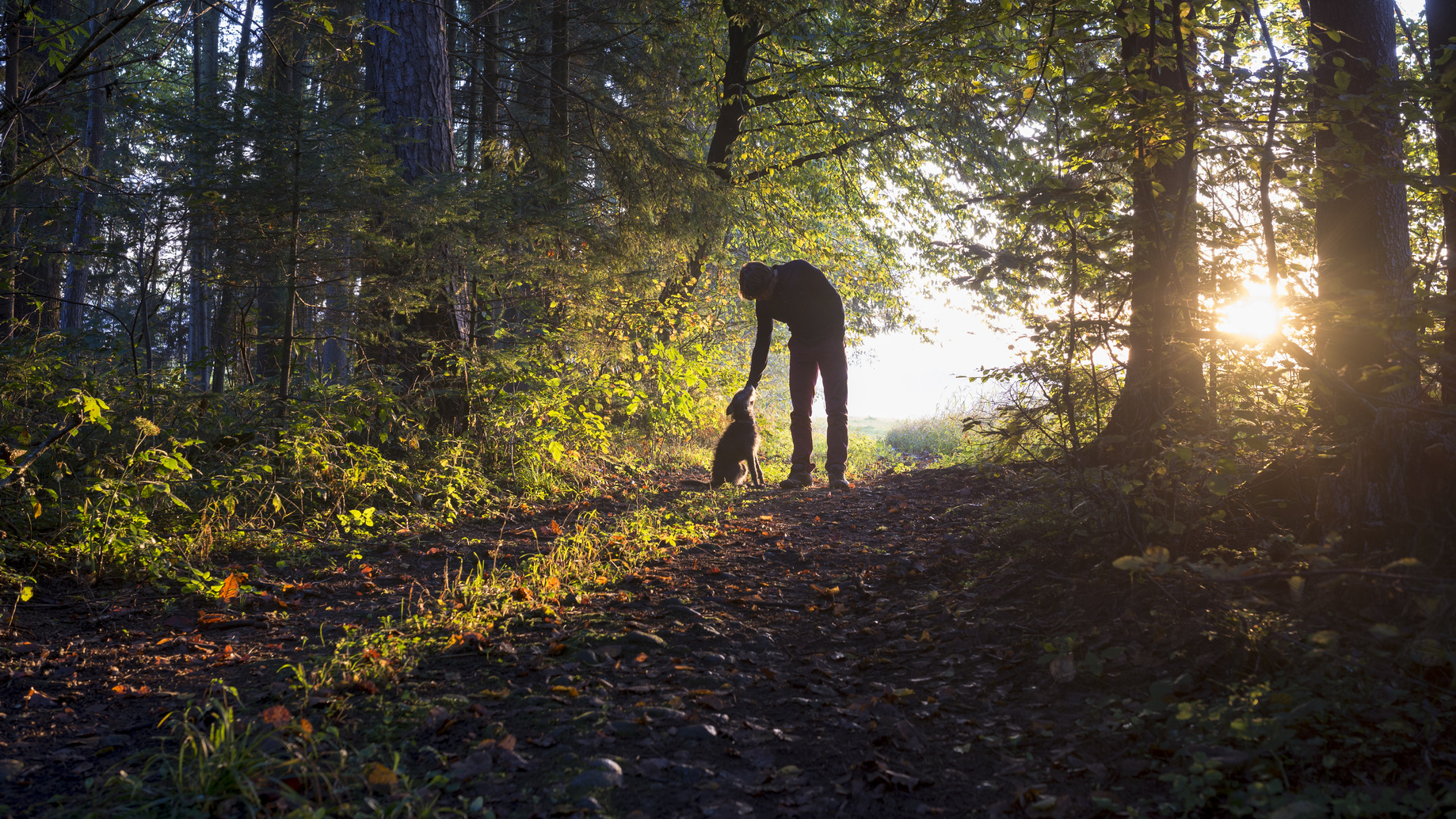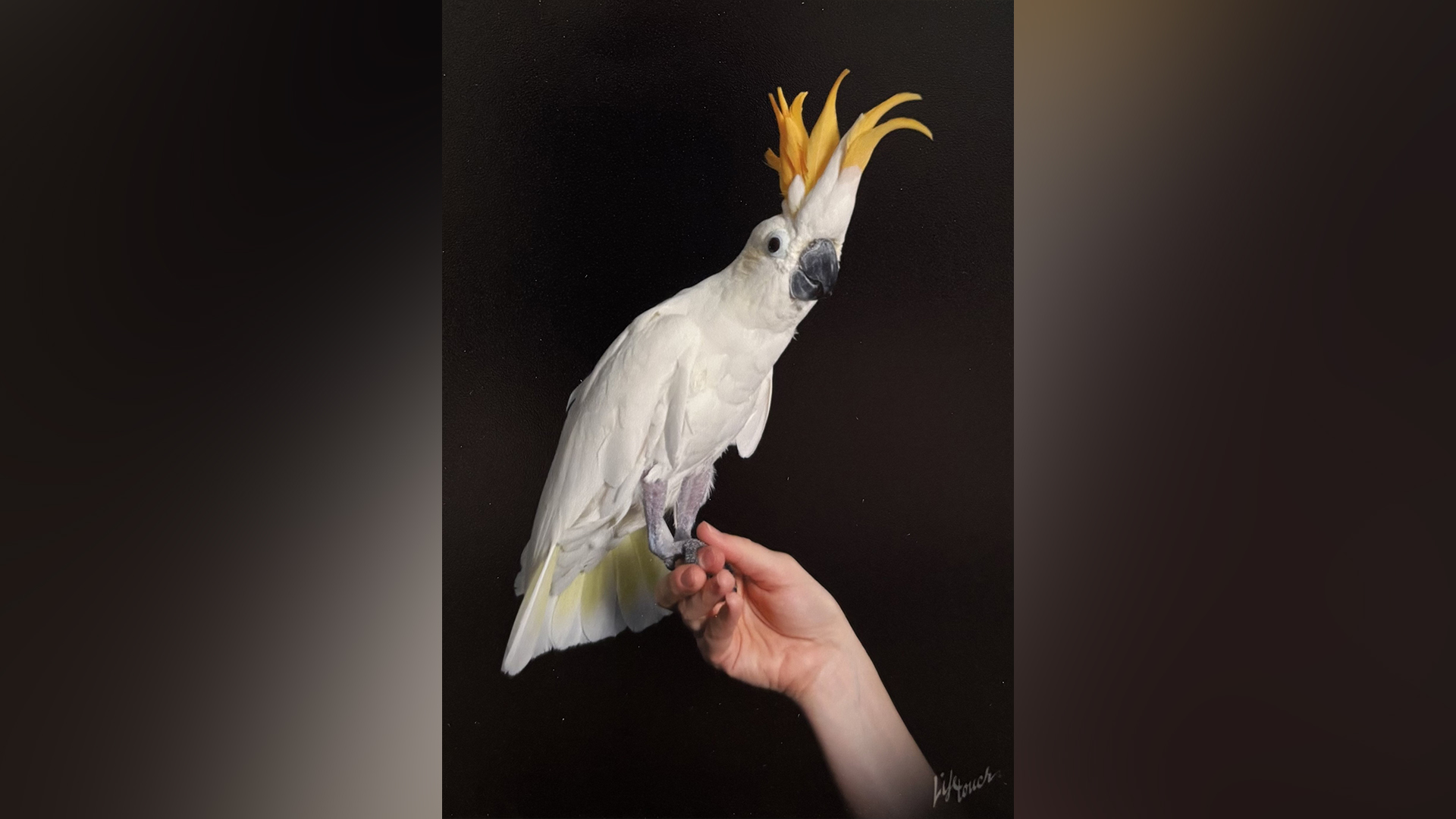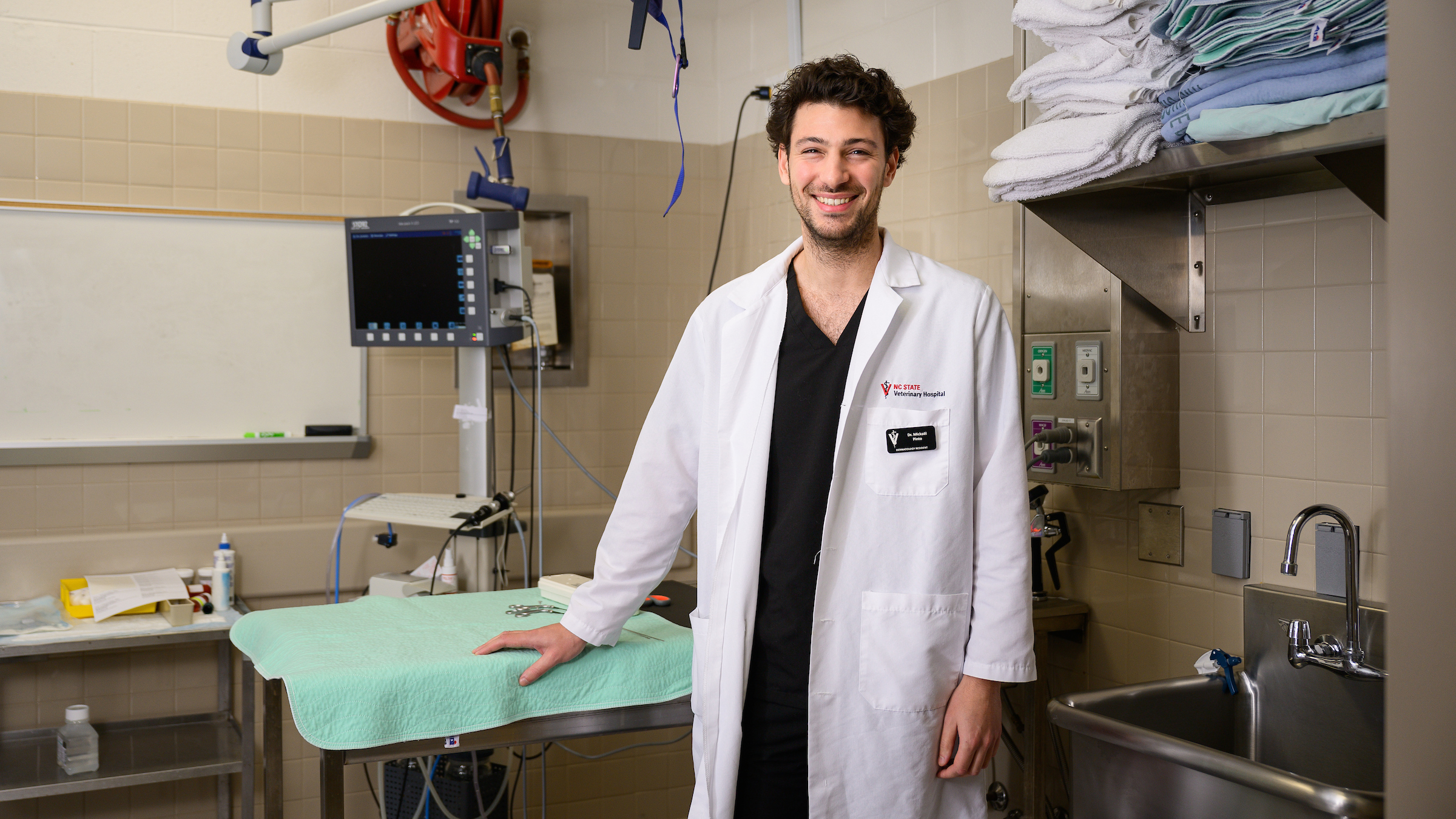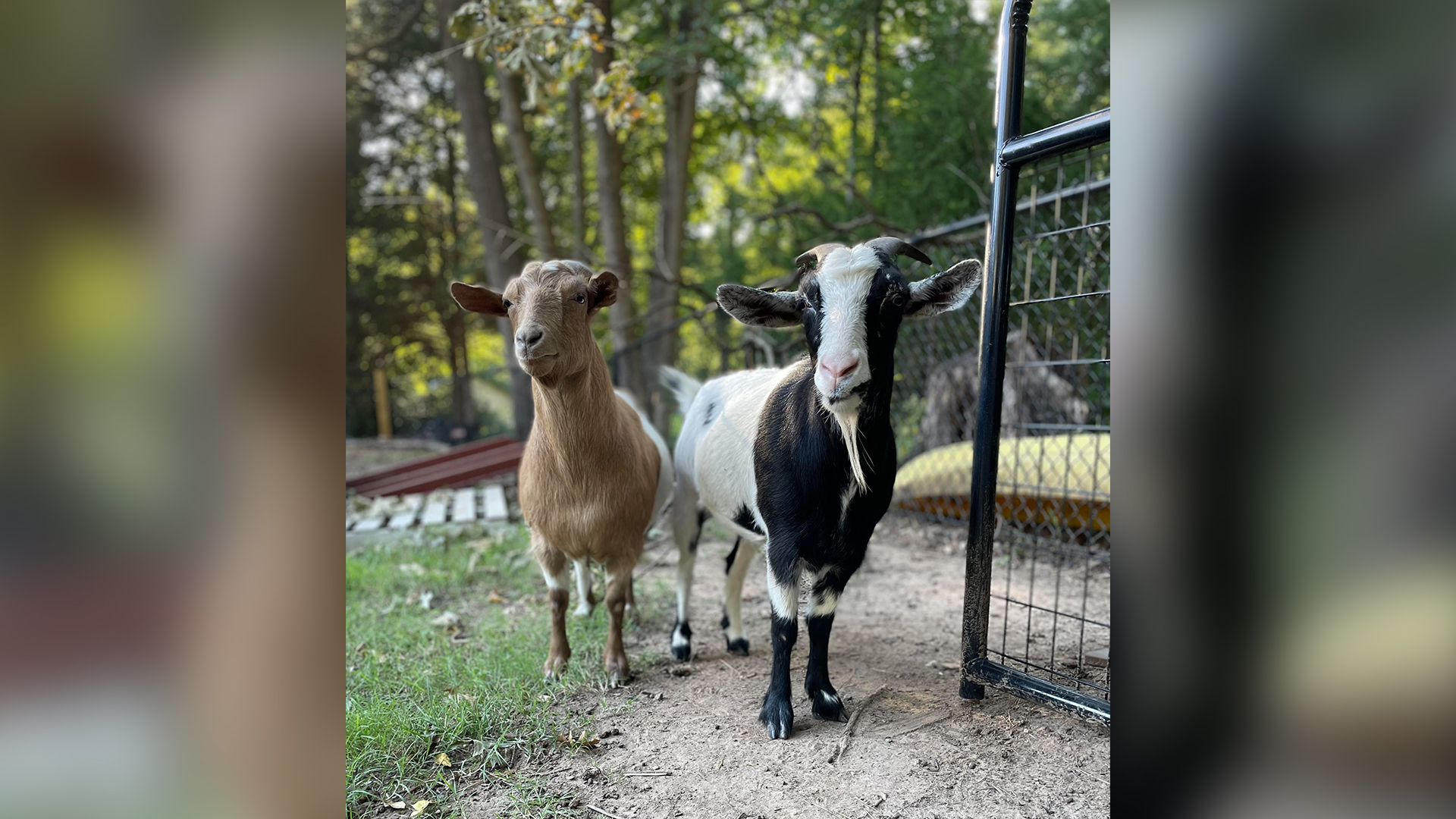Grieving for a Pet During the Holidays

Holidays are meant to be happy, but they may heighten grief over those with whom we once shared such joyous times.
“Grieving an animal member of the family is likely to have many of the same features as grieving for a human member of the family,” says Jeannine Moga, a veterinary social worker specializing in human-animal relationships and grief counseling at the NC State Veterinary Hospital (VH). “We grieve deeply loving relationships, no matter what the species.”
Animals are involved in much of our daily routines — and have a special place in holiday celebrations and rituals. Sometimes, says Moga, our pets spend more time with us — and in our most private spaces — than people do.
“When this is the case, we may grieve their absence more deeply than other losses — and we will be acutely aware of who is missing,” says Moga.
But there are ways to cope. Here, Moga, who directs the Family and Community Services program at the VH, part of the College of Veterinary Medicine (CVM), offers suggested coping techniques as we enter the holiday season:
‘But I don’t want to celebrate…’
- Grievers may find their feelings swinging wildly from moment to moment, day to day. It is normal to feel empty, lonely, angry, sad, exhausted and depressed – even when everyone else around you is full of joy and energy. Accept your feelings as they are, but remember that it is also OK to take a break from your grief. “Grief breaks” can actually help you to heal from your loss.
- Choose your commitments carefully. Be honest with what you do — and do not — have the energy to manage and be cautious about overdoing holiday gatherings.
- Avoid the urge to isolate yourself. Humans are social creatures by design. Connecting with others, particularly those who know and love you, is an important part of recovering from significant loss.
- Accept your limitations. Grief is a full-body experience that demands stamina and courage, as well as a high degree of self-care. Set limits about how you will spend your free time and give yourself an exit strategy when social contact becomes overwhelming.
Finding restoration: A holiday gift to yourself
Take care of your body so your heart can heal.
Remember to eat nourishing food, get ample rest, move your body and drink plenty of water to replace the water lost through tears. Also make time for quiet reflection. Journaling, reading, prayer and mindful movement provide us with respite from the demands of both grief and the busy holiday season.
It is also important to ask for support from trusted friends and family when you need a boost or a listening ear.
 Maintain connections
Maintain connections
Grief is not about saying goodbye – it is about finding a way to relate to our departed loved ones in a different way.
Finding ways to honor and remember them, both during the holidays and all year long, allows us to maintain that connection and find comfort in their legacy. Some grievers find solace in maintaining or adapting holiday rituals to acknowledge those who have died.
For instance, lighting a candle for a deceased pet or putting at extra star at the top of the holiday tree may help us find space for those we miss. Others find it meaningful to make a donation in the honor of a beloved pet or help animals in need of love and support.
Acting with compassion is one of the most effective ways to balance out the heaviness of grief. Maintaining a connection to the true meaning of the season can also bring consolation at a time of grief. Across most cultures and faiths, this is a time for reflection, gratitude, hope and love.
When we bring to mind the blessings that come with the human-animal bond, it becomes easier to find meaning and hope during the holidays.
Those struggling with the loss an animal may call the VH’s Family and Community Services. Calls and voicemails are confidential. Call 919-513-3901 or go to https://cvm.ncsu.edu/nc-state-vet-hospital/equine/family-community-services/.
~Jordan Bartel/NC State Veterinary Medicine
- Categories:


